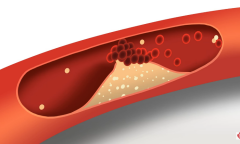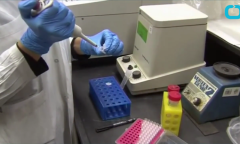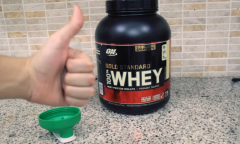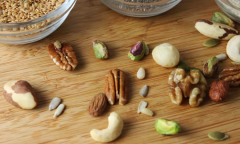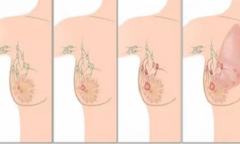By KM Diaz, | April 27, 2017
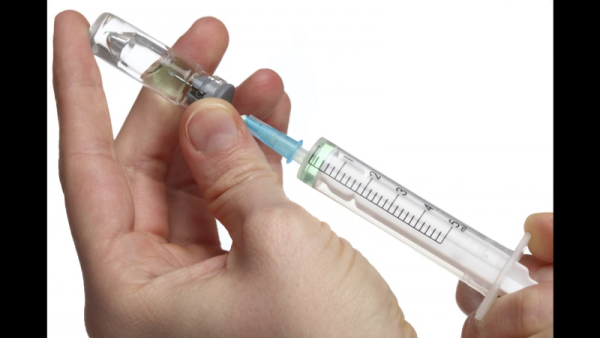
The team from Vincent's Institute of Medical Research are the first to observe that immune cells are capable of destroying the insulin-producing cells of the pancreas. (YouTube)
Scientists from Australia are developing a test with the use of living biobank of blood donations to develop type 1 diabetes vaccine.
The team from Vincent's Institute of Medical Research are the first to observe that immune cells are capable of destroying the insulin-producing cells of the pancreas. These immune cells target the so-called C-peptide molecule.
Like Us on Facebook
Now, the researchers are developing a blood test to measure the body's immune response to the molecule and to generate a therapy to teach the immune system on not to attack the insulin-producing cells. The findings could lead the researchers to develop a vaccine for type 1 diabetes.
According to Professor Stuart Mannering, an immunologist at St Vincent's Institute of Medical Research, the project has been their long term goal. Their next step is to measure the immune response of the blood, to be able to distinguish the onset of the disease. If there is an available vaccine to prevent it and the people will be treated by it, they need to wait for a long period of time to identify the effectiveness of the vaccine and to see if how many people don't get the disease.
Professor Mannering further added that their goal is to develop a blood test for a shorter period of time to immediately recognize whether the immune response is moving to the direction that they want. The blood test will use samples from a living biobank, and a list of people that are willing to donate a blood sample for the research.
The living biobank allows the researchers to conduct a study using blood samples from people without diabetes. Professor Mannering explains that their study is crucial as they could also conduct a human-based research to develop something useful in the clinic. The research team also received the Diabetes Australia 2017 Millennium Award on Wednesday and granted them worth 100,000 U.S. dollars.
-
Use of Coronavirus Pandemic Drones Raises Privacy Concerns: Drones Spread Fear, Local Officials Say

-
Coronavirus Hampers The Delivery Of Lockheed Martin F-35 Stealth Fighters For 2020

-
Instagram Speeds Up Plans to Add Account Memorialization Feature Due to COVID-19 Deaths

-
NASA: Perseverance Plans to Bring 'Mars Rock' to Earth in 2031

-
600 Dead And 3,000 In The Hospital as Iranians Believed Drinking High-Concentrations of Alcohol Can Cure The Coronavirus

-
600 Dead And 3,000 In The Hospital as Iranians Believed Drinking High-Concentrations of Alcohol Can Cure The Coronavirus

-
COVID-19: Doctors, Nurses Use Virtual Reality to Learn New Skills in Treating Coronavirus Patients


